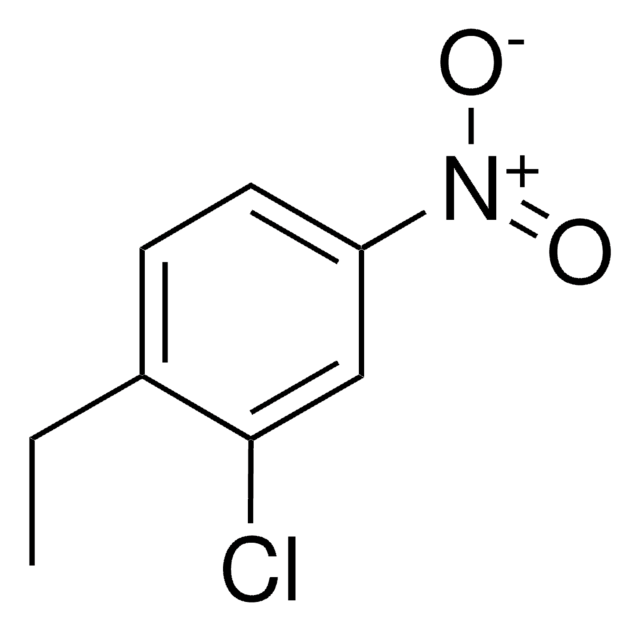W256714
Hexyl alcohol
natural, ≥98%, FCC, FG
Synonym(s):
1-Hexanol, Hexyl alcohol
About This Item
Recommended Products
grade
FG
Fragrance grade
Halal
Kosher
natural
Quality Level
Agency
follows IFRA guidelines
meets purity specifications of JECFA
reg. compliance
EU Regulation 1223/2009
EU Regulation 1334/2008 & 178/2002
FCC
FDA 21 CFR 117
vapor density
4.5 (vs air)
vapor pressure
1 mmHg ( 25.6 °C)
Assay
≥98%
form
liquid
autoignition temp.
559 °F
greener alternative product characteristics
Less Hazardous Chemical Syntheses
Use of Renewable Feedstocks
Learn more about the Principles of Green Chemistry.
sustainability
Greener Alternative Product
refractive index
n20/D 1.418 (lit.)
bp
156-157 °C (lit.)
mp
−52 °C (lit.)
density
0.814 g/mL at 25 °C (lit.)
application(s)
flavors and fragrances
Documentation
see Safety & Documentation for available documents
food allergen
no known allergens
fragrance allergen
no known allergens
greener alternative category
, Aligned
Organoleptic
alcohol; green; oily; ethereal; fruity; sweet
SMILES string
CCCCCCO
InChI
1S/C6H14O/c1-2-3-4-5-6-7/h7H,2-6H2,1H3
InChI key
ZSIAUFGUXNUGDI-UHFFFAOYSA-N
Looking for similar products? Visit Product Comparison Guide
Related Categories
General description
Signal Word
Warning
Hazard Statements
Precautionary Statements
Hazard Classifications
Acute Tox. 4 Dermal - Acute Tox. 4 Oral - Eye Irrit. 2 - Flam. Liq. 3
Storage Class Code
3 - Flammable liquids
WGK
WGK 1
Flash Point(F)
140.0 °F - closed cup
Flash Point(C)
60 °C - closed cup
Personal Protective Equipment
Choose from one of the most recent versions:
Already Own This Product?
Find documentation for the products that you have recently purchased in the Document Library.
Customers Also Viewed
Our team of scientists has experience in all areas of research including Life Science, Material Science, Chemical Synthesis, Chromatography, Analytical and many others.
Contact Technical Service















